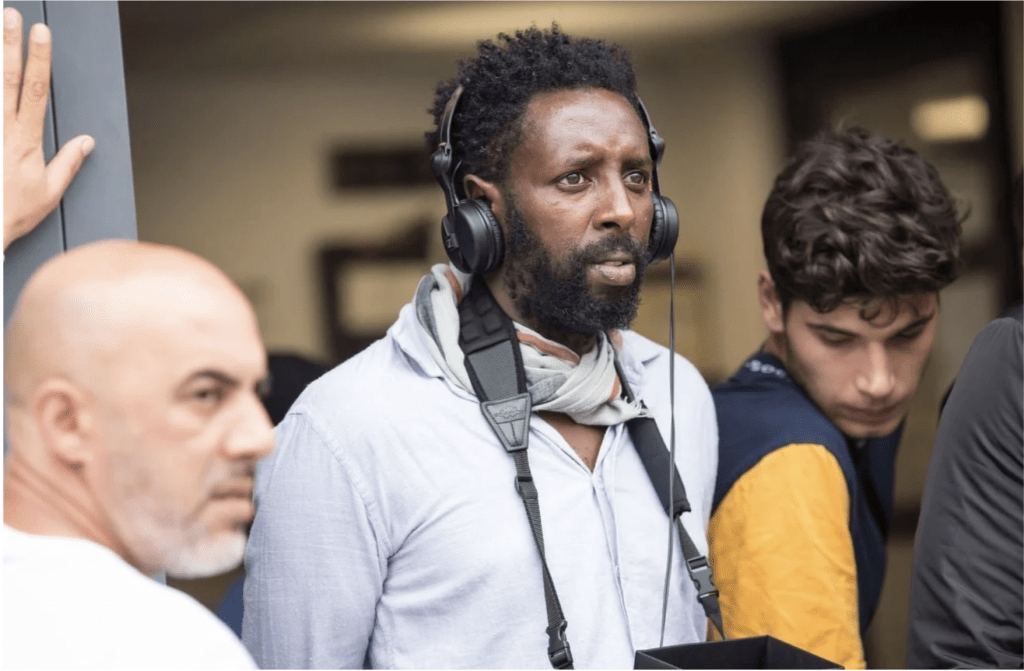Ladj Ly is a French director and screenwriter whose parents are Malian immigrants. His first feature length film, Les Misérables, won a Jury Prize at Cannes Film Festival in 2019 and was nominated for an Academy Award for Best Foreign Film, which marked France’s first submission of a film by a Black filmmaker.

The film is a day-in-a-life portrait of three police officers in Montfermeil, France, who have a series of increasingly fraught interactions with local youth as the day passes. Ly himself is from Montfermeil, a suburb of Paris with a large African and Arab migrant population.
Montfermeil is also where Victor Hugo wrote the novel Les Miserables and set some of its action. Ly’s re-use of Hugo’s title highlights both the immense changes the area has experienced and the lasting truth of Hugo’s observations; Ly makes the same effort that Hugo did to empathize with each side of a conflict while remaining critical of their actions.
Ly’s examination of the struggles citizens of Montfermeil face also pushes back against mounting anti-immigrant sentiment from France’s far-right. Les Misérables urges its viewers to understand that the migrant communities depicted in the film belong to the French tradition just as much as the characters in Hugo’s novel.
In an interview with IndieWire, Ly spoke on the conditions which have prompted African migration to European countries like France, an issue relevant both to the film and to his own experiences as the son of Malian migrants.
“You can’t complain about immigrants coming into your country without taking the time to really think about why they are so desperate, that some risk their lives,” Ly said. “When you investigate the history of colonialism, neo-colonialism, the looting of Africa’s natural resources, and Europe and the West’s responsibility, then you will begin to understand.”

